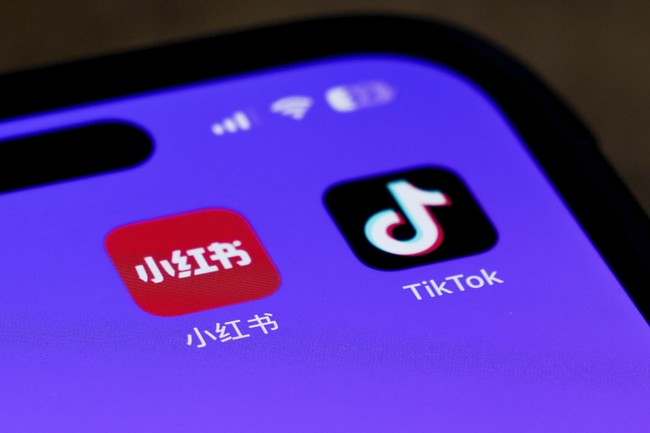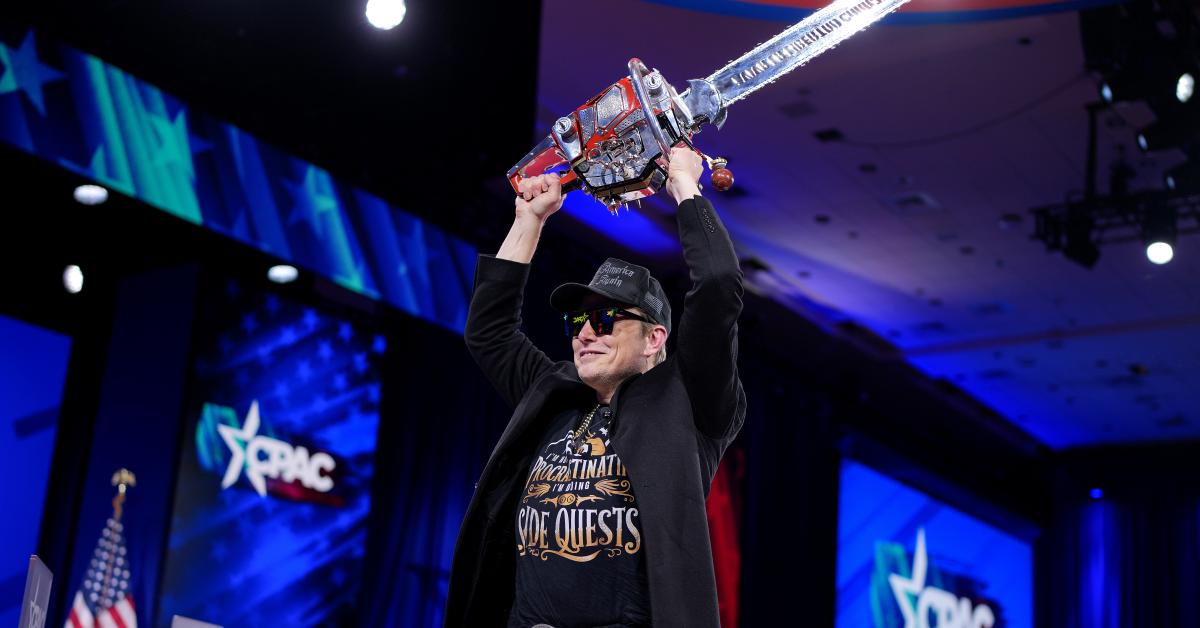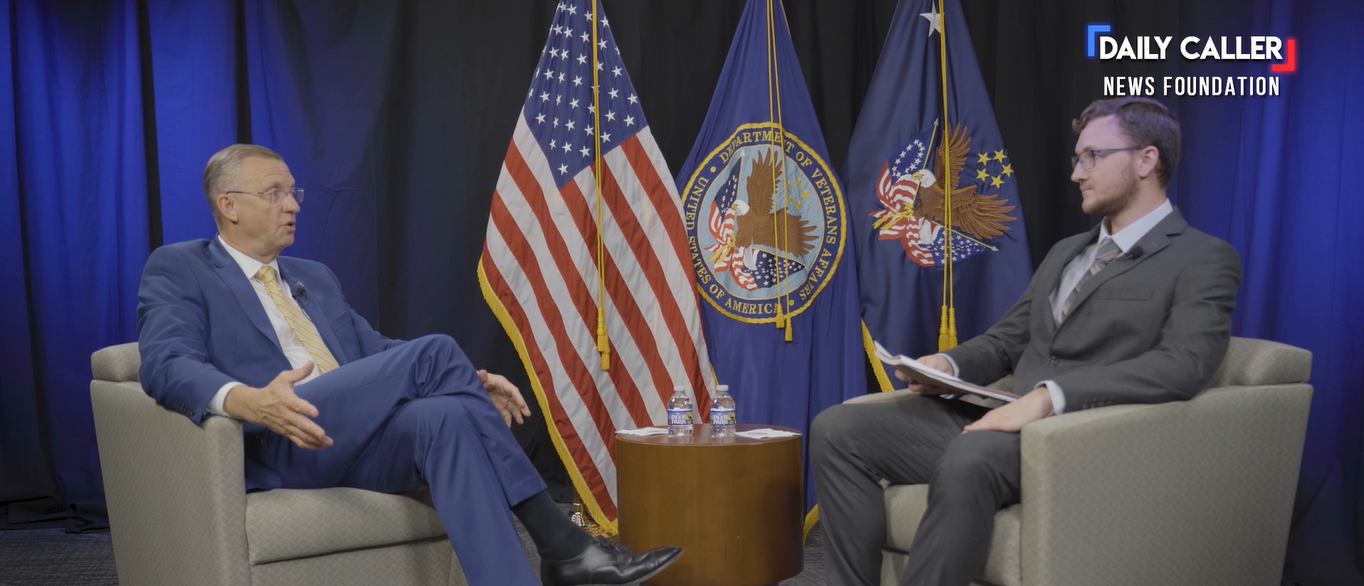FDA Commissioner Marty Makary recently shared his thoughts on a potential shift in the federal government’s stance regarding COVID-19 vaccinations for children. He expressed support for Health and Human Services Secretary Robert F. Kennedy Jr. if he decides to pull back the recommendation for youngsters to get the COVID-19 shot. Makary highlighted that many Americans are skeptical about the necessity of the booster for young, healthy kids.
Makary, known for opposing vaccine mandates during the pandemic, stands firm on his belief that vaccines save lives. He has, however, chosen not to receive any COVID-19 boosters himself. He also clarified that the FDA isn’t planning to limit access to the abortion pill, mifepristone, but remains vigilant for any new safety data.
Kennedy, who has a history of questioning vaccines, hasn’t ruled out the idea of removing COVID-19 shots from the CDC’s childhood vaccine schedule. On Fox News, he labeled the original recommendation for kids as questionable. He pointed out that most children are at minimal risk for COVID-19, questioning the need for mass vaccination given the potential risks of the vaccine itself.
The CDC added the COVID-19 vaccine to the childhood schedule earlier in 2023 after advice from an advisory panel. However, no state mandates the shot for school attendance. CDC data shows only about 13 percent of kids have received the latest version of the vaccine.
During his confirmation hearings, Kennedy committed to upholding the CDC vaccine schedule. Yet, his recent comments indicate a willingness to reconsider some aspects. According to a Health and Human Services official, no definitive decision has been made yet.
Support for Kennedy’s potential move comes from figures like Rep. Andy Harris and former FDA officer Jessica Adams. They believe that any changes would be better received if they follow a formal CDC advisory process. Sen. Bill Cassidy, who backed Kennedy’s confirmation, trusts that any review will uphold the established science behind the vaccine schedule.
CDC advisors are slated to revisit the COVID-19 vaccine guidance for children in the coming summer. This review could bring about significant changes in how the vaccine is approached for kids. The conversation around this topic continues to evolve, with many eyes watching closely.
Kennedy’s stance reflects a broader debate over the role of vaccines in public health, especially for children. The potential for a shift in policy underscores the complexity of balancing public safety with individual choice. As discussions unfold, the implications for both health policy and public perception are significant.
The CDC’s decision to include the vaccine in the childhood schedule was based on expert recommendations. Yet, the low uptake among children suggests a disconnect between policy and public opinion. This gap highlights the challenges policymakers face in addressing public concerns.
Kennedy’s remarks have sparked a renewed dialogue about vaccine safety and necessity. The conversation is part of a larger narrative about trust in public health institutions. As policymakers weigh their options, the stakes remain high for all involved.
The ongoing debate over the COVID-19 vaccine for kids is emblematic of broader societal tensions. Questions about safety, efficacy, and necessity continue to fuel discussions. The situation remains fluid, with future developments likely to shape the public health landscape.
Amidst these discussions, the role of the FDA and CDC remains pivotal. Their guidance influences public perception and policy decisions. The outcome of their deliberations will undoubtedly impact the vaccine landscape for children.
Public sentiment about vaccines is diverse and often polarized. The potential policy shift highlights the need for transparent and evidence-based decision-making. As the situation unfolds, the importance of clear communication cannot be understated.
The evolving narrative around COVID-19 vaccines for children is a microcosm of larger health policy debates. The intersection of science, policy, and public opinion creates a complex dynamic. The outcome of these discussions will have lasting implications for public health strategy.



